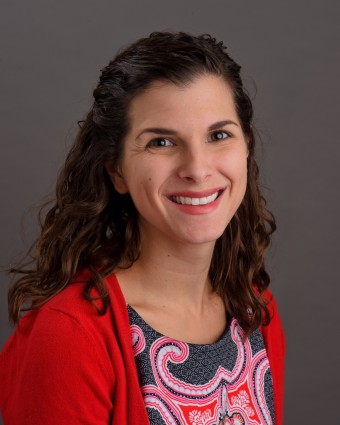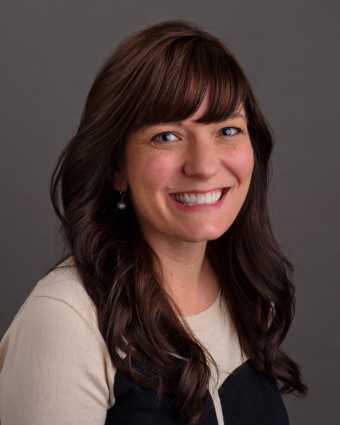Currently, limited programming options are available in mid-Missouri for adults on the autism spectrum. Now, the University of Missouri Thompson Center for Autism and Neurodevelopmental Disorders is launching an on-campus employment readiness program to assist adults with autism. The Self-Determined Transition Readiness through Individual Vocational Experiences (STRIVE) program will help participants gain employment experience and the skills to obtain and maintain competitive employment.
Adult Education

Led by Jena Randolph and Karen O’Connor, assistant research professors at the Thompson Center, STRIVE will provide training to adults with autism ages 18 to 25.
STRIVE will begin in the fall 2016 semester. Participants will spend approximately 14 hours per week in classroom-based and employment-related instruction on campus. They also will work-shadow Mizzou employees and work on homework-related activities with MU student peer mentors. During the second semester of STRIVE, participants will gain experience in on-campus employment sites with job coaching support and feedback.
“In addition to gaining real-world work experience, STRIVE participants will build their skill sets to increase the success of future employment,” O’Connor says. “Participants will build their social skills, independence and self-determination. They also will master skills such as task initiation and task completion, all of which are skills that employers desire. An increase in their overall employment skills and experiences will increase the likelihood of employment success in the future, resulting in a greater quality of life for those with autism.”
Workforce Preparation

“The majority of adults with autism are unemployed or underemployed,” says Stephen Kanne, executive director of the Thompson Center. “Adults with autism succeed in jobs that maximize their potentials. Creative matching of an individual’s skills and interests benefits both the individual’s quality of life — as well as the employer, by providing an employee who is excited about working and who is qualified to fulfill the job responsibilities.”
“One of the barriers to employment for adults with autism is limited work experience,” Randolph says. “STRIVE will have a direct impact on the participants by giving them volunteer and work experience in different positions across campus.”
Classroom-based instruction, as well as direct employment experiences, will be provided through collaborations with the MU School of Health Professions, College of Education and Human Resource Services.
For more information about the program or to learn how to volunteer, contact Jena Randolph at randolphj@health.missouri.edu or Karen O’Connor at oconnorkv@health.missouri.edu.



